The New York City Pavilion at this year’s London Design Biennale is a recreation of one of Studio Elsewhere’s powerful Recharge Rooms.

In today’s world, restorative spaces that offer the opportunity to decompress away from the stresses of everyday life are more important than ever before. And, at this year’s London Design Biennale at Somerset House, New York-based Studio Elsewhere created a multi-sensory space that offers just that – think soft lighting, comfy seating, plants, calming ocean or forest landscapes, music composed to evoke relaxation, and immersive aromatherapy that transports you a world away from the busy heart of London.
The appropriately named Recharge Rooms – one of which was recreated for the New York City Pavilion at the London Design Biennale – were originally developed by New York-based Studio Elsewhere and Dr. David Putrino, Director of Mount Sinai Rehabilitation Innovation and Co-Director of the Abilities Research Center. Their aim was to provide an optimal cognitive, emotional and physical restorative environment for healthcare workers who face consistent stress yet still need to perform at a high level.
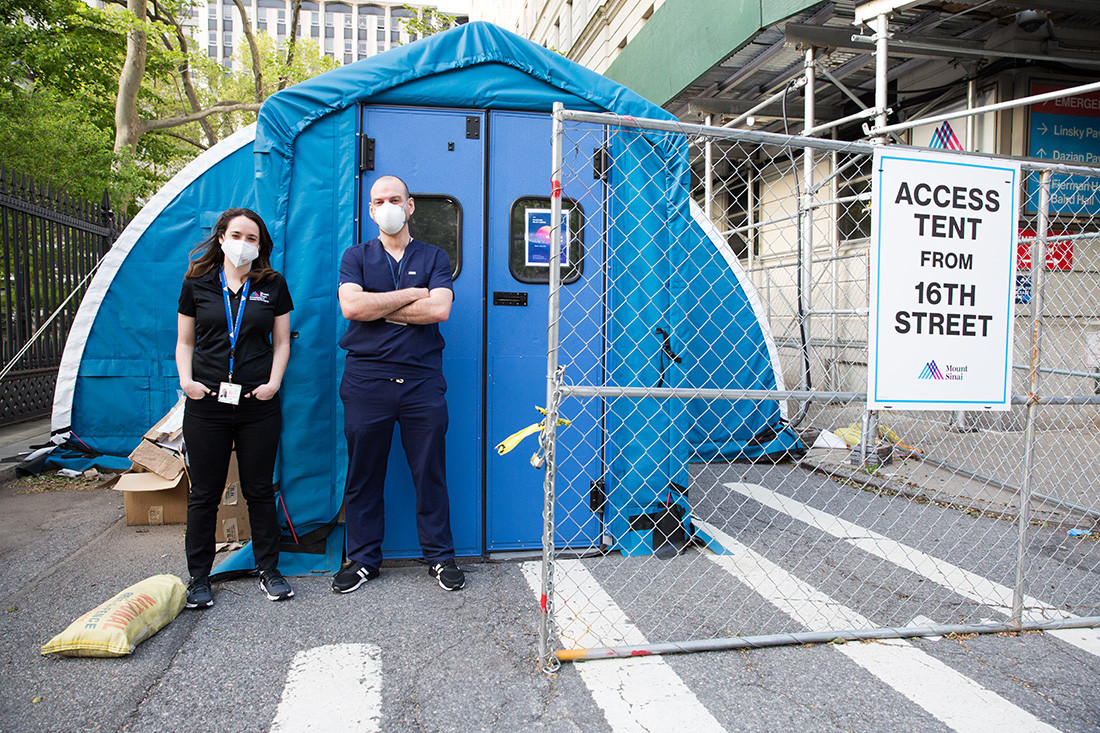
When the pandemic hit, however, they became more relevant and necessary than ever before. Studio Elsewhere quickly adapted the environments to utilise voice control to avoid having to touch surfaces to power the experience, and they were soon being utilised by thousands of frontline healthcare workers to help cope with the unprecedented stresses they were under.
“These environments became a safe space in the midst of the hurricane for workers – a physical place where they could have a sunset experience together and decompress, share their experience, and simply just be,” says Mirelle Phillips, Founder and CEO of Studio Elsewhere.
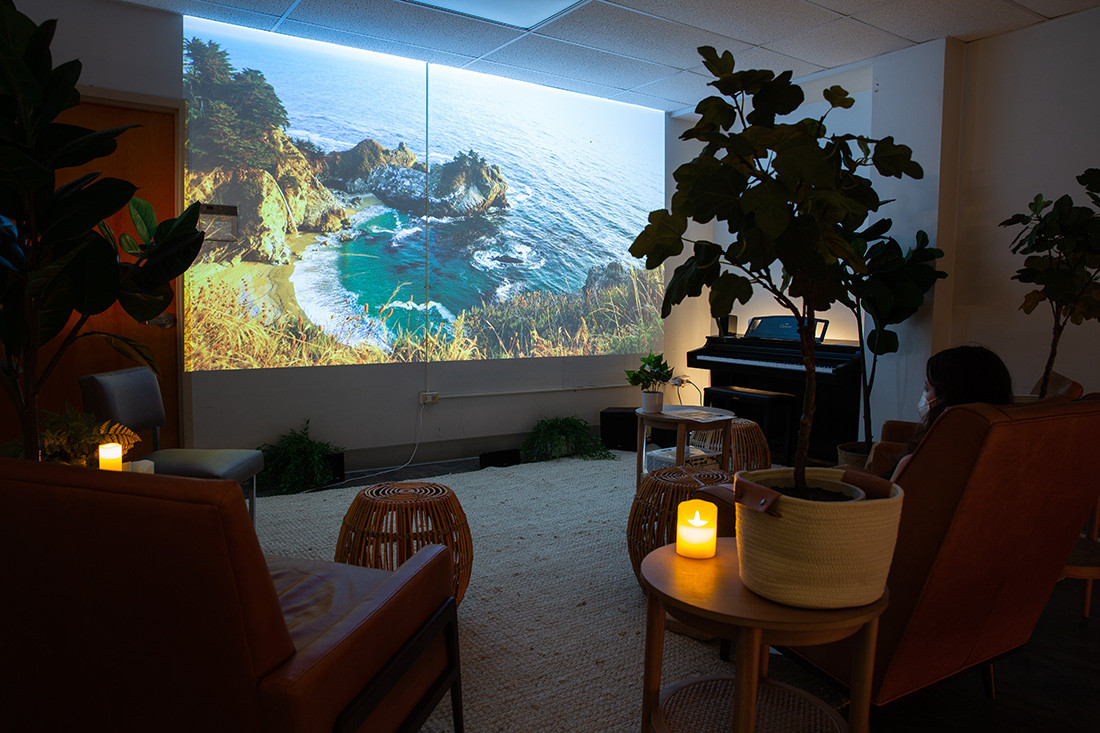
Users enter the room, which is filled with plants and soft furnishings, and use voice commands to activate an experience involving lighting, aroma, projection-mapped visuals of different landscapes, sound, and music. “It’s a full multi-sensory experience, which tends to activate a safe memory while mapping a new one,” explains Phillips.
The environments were designed based on research into the physiological and psychological impact nature has on human wellbeing, as well as studies on therapeutic healing, case studies of biophilic design, and in-depth studies into each component that creates the immersive experience. One key area that Phillips found was understudied in peer-reviewed scientific journals is the efficacy of aroma. While it’s known to be powerful, exactly what to use and when needs further study – and that’s something the team is currently working on establishing in the hospital setting.

While most immersive experiences are targeted to individuals – think VR or pod-like environments – Recharge Rooms are designed to create meaningful connections through a shared experience in a safe space. “You can look around you and see another colleague who is likely struggling as well,” says Phillips. “There’s an activated compassion in even just hearing what someone’s choice of an experience [in the room] is.”
Not only do the Recharge Rooms address stress and fatigue, but have also been shown to combat the loneliness and dehumanisation that is often felt by frontline healthcare workers. “We wanted to provide an environment that compassionately addresses and supports the psychosocial needs of healthcare workers, particularly as burnout was an epidemic [even] prior to the pandemic,” says Phillips.
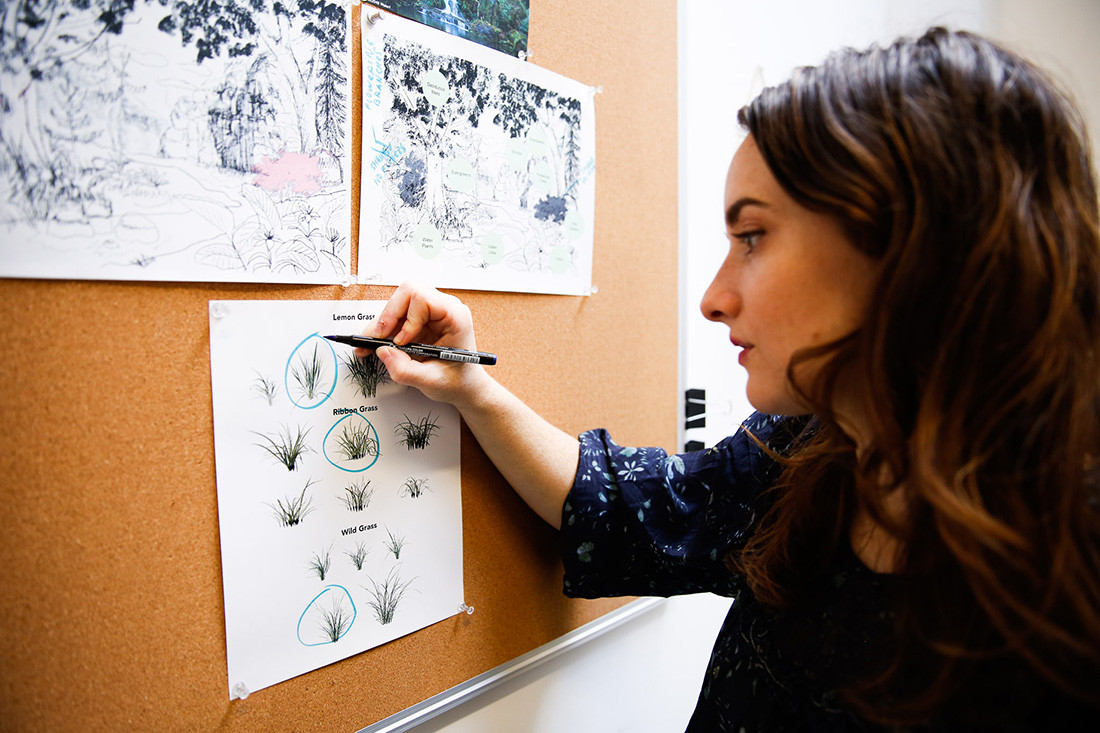
In the midst of the pandemic – when there were nearly 7,000 COVID-positive patients in hospitals, with 600 new patients being admitted daily – the Recharge Rooms were put to the test over a seven-day period. “The results showed that after a 15-minute experience, the stress levels of healthcare workers reduced by 60 percent,” says Phillips. “As 100 percent of users reported recommending it to their colleagues, it spread quickly over referral – and we’re excited to see the combined results of more recent studies that have been done since we’ve been scaling the resource.”
While the Recharge Rooms are already in 20 hospitals in NYC and have been used by thousands of frontline healthcare workers already, there are even bigger plans for their future. Studio Elsewhere is continuing to scale them to more healthcare systems across the US and has even started to discuss international partnerships, as well as implementing them in nursing homes, senior living centres, and schools.
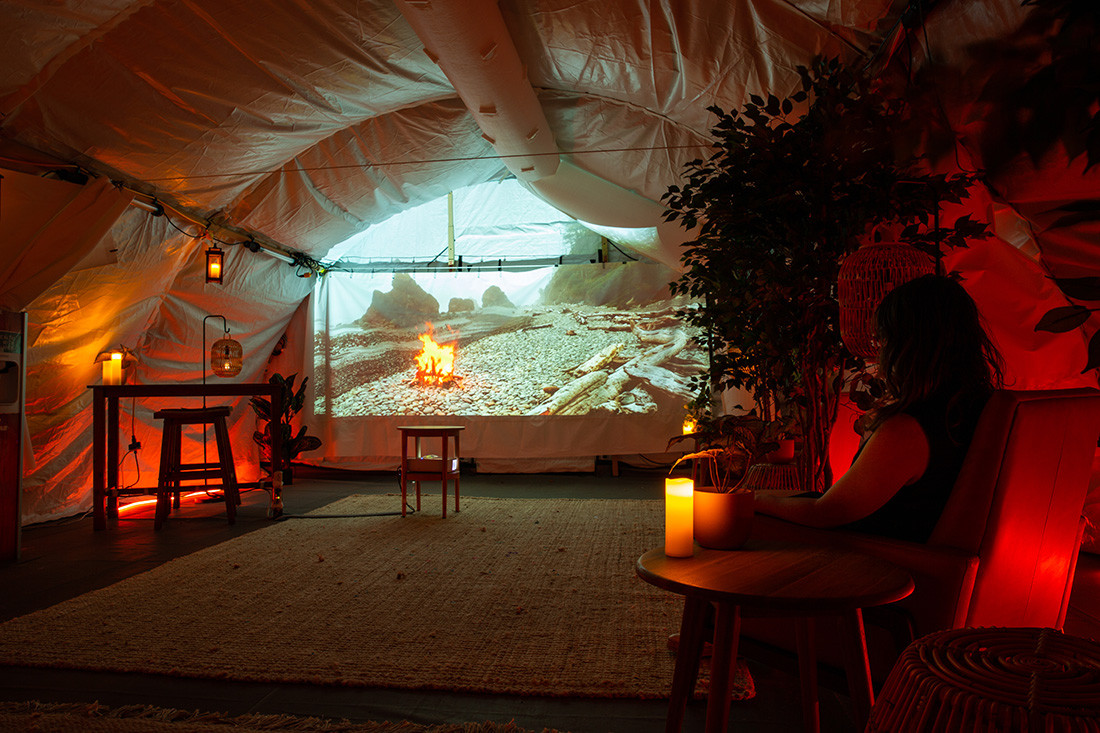
“Given how NYC was the global epicenter of the pandemic for a time and so many of our vulnerable communities were disproportionately hit, we have [so far] focused on making sure those communities could get access to this resource as quickly as possible,” says Phillips. “It was really special for our team to work with public and community hospitals across New York.”
INDESIGN is on instagram
Follow @indesignlive
A searchable and comprehensive guide for specifying leading products and their suppliers
Keep up to date with the latest and greatest from our industry BFF's!
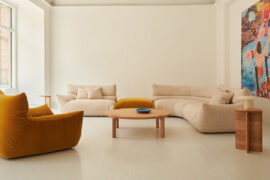
A curated exhibition in Frederiksstaden captures the spirit of Australian design
Through The [Frame] is a witty collection of pieces by a group of architects and artists. The works capture the world – seen and inevitably [frame]d, contextualised and flavoured through the lens of the maker. A series of multi-media and multivalent pieces respond to the FRAME in delightfully unexpected ways.Exhibiting artists and architects include: Langzi Chiu Andrew Daly […]
The internet never sleeps! Here's the stuff you might have missed
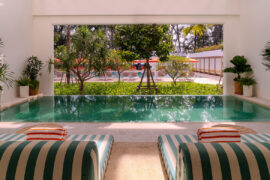
Opening in October 2025, The Standard, Pattaya Na Jomtien brings together ONION, DIN Studio, Studio Lupine and Verena Haller to create a sculptural modernist retreat where art, architecture and coastal culture meet.
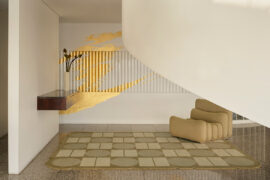
In the latest collaboration between Designer Rugs and Greg Natale, the raw rigour of modernist geometries finds its most comforting articulation in the inherent softness of floor coverings.